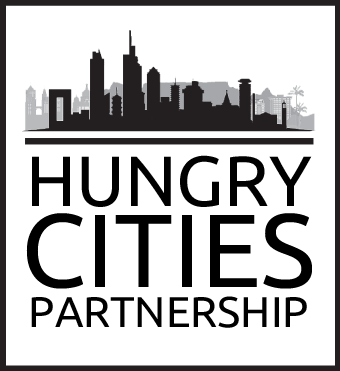Document Type
Hungry Cities Policy Briefs
Publication Date
3-2020
Department
Balsillie School of International Affairs
Abstract
■ Much focus has been accorded rural agriculture, both in the literature and in practice. Yet urban agriculture is both a viable and necessary area of focus as it pertains to food security in Jamaica.
■ An education and communication strategy is required to ensure that attitudes towards nutrition and poor food choices are changed (within the range of affordability) in efforts to achieve food security.
■ Given the threats posed by climate change, the development of urban agriculture should incorporate not only previously designated sites through zoning for small-scale livestock and produce rearing; it also should incorporate backyard farming/gardening, housetop farming, school gardens and composting, hydroponics, greenhouses, and rainwater harvesting consistent with Jamaica’s Vision 2030.
■ A comprehensive focus on urban agriculture must incorporate all relevant stakeholders including ministries; the National Water Commission; community organizations and faith-based organizations; global entities for resources and expertise; international and national funding agencies; and research institutions.
Recommended Citation
Thomas-Hope, Elizabeth; Kinlocke, Robert; and Ferguson, Therese, "No.09: Enhancing Food Security Through Urban Agriculture In Kingston, Jamaica" (2020). Hungry Cities Partnership. 56.
https://scholars.wlu.ca/hcp/56
Included in
Food Studies Commons, Human Geography Commons, Politics and Social Change Commons, Urban Studies and Planning Commons


